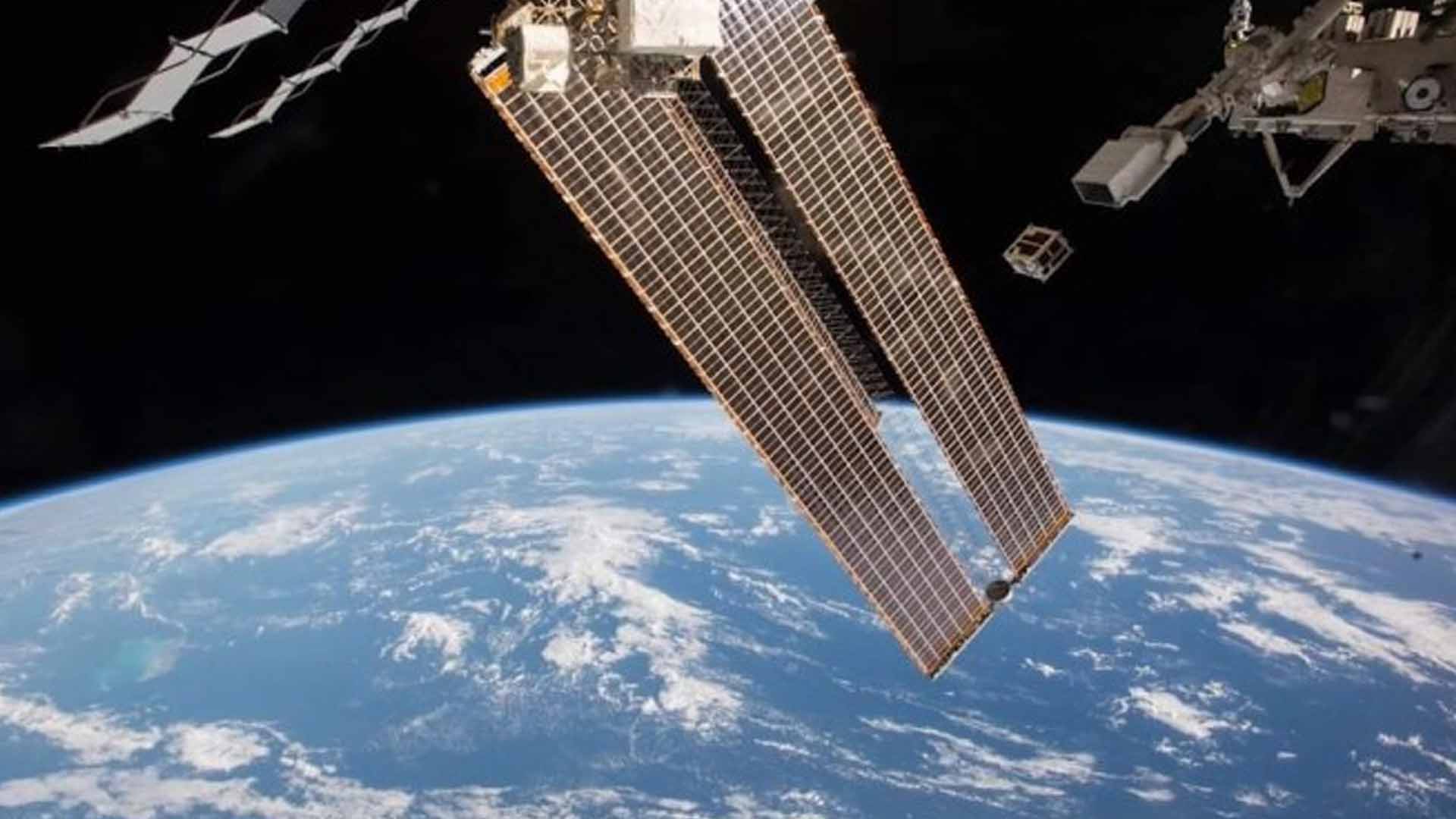The Philippine Space Agency (PhilSA) on Wednesday said it is set to launch a project that will allow local government units (LGUs) and other sectors to use satellite data to better carry out their duties.
Now on its pre-implementation stage, the PINAS (PhilSA Integrated Network for Space-Enabled Actions towards Sustainability) project will produce an “active community” of government agencies, LGUs, research institutions, and members of the private sector and civil society.
PINAS will capacitate these sectors on the use of space data or the data and information coming from satellites.
Network building, capacity building and buildup expansion will be the three phases of this project. PhilSA has already started with the first phase in the Iloilo, since a ground receiving station (GRS) is located in the municipality of Dumangas.
Last June 17, PhilSA held a workshop in Iloilo for the aforementioned sectors. Over 100 persons working on agriculture, urban and rural planning, and environment monitoring, among others, attended.
The workshop allowed participants to identify the problems and challenges faced by their sectors, and the efforts and plans to address the challenges.
“Through surveys and workshops, the PINAS project will assess the needs and capabilities of its stakeholders. This information will be used in designing training programs that will enable them to utilize space-based solutions for their needs in environment and natural resources, planning, agriculture, and disaster risk reduction and management (DRRM),” Jamaica Pangasinan, PINAS project leader and Senior Science Research Specialist
at the Space Mission Control and Operations Division of the Space Information Infrastructure Bureau, told the Philippine News Agency.
She added that PINAS will document and disseminate data processing workflows for the commonly-needed data by LGUs and select non-government agencies.
“This would ensure that sufficient support is provided towards decision-making, policy formulation, and action implementation, in particular, in resource management, sustainable development and disaster response and mitigation,” she said.
PhilSA Deputy Director General Gay Jane Perez said space data is essential to monitoring, planning, and policy making. Thus, collaboration with the LGUs as direct users of space data would further enhance on-ground efforts.
There are several uses of space technology. These include being able to observe man-made structures like buildings and streets, presence of ships, and the natural environment since satellites capture images of different locations while orbiting.
Images captured by satellites can also be used for remote sensing, as well as monitoring vegetation and water changes. This would enable data users to predict how many tons of rice could be produced in certain fields through the data.
Meanwhile, PhilSA said its Data Allocation and Operational Information flow will be the central distribution system of data and will manage the data requests from the involved sectors.
PhilSA will also conduct the same workshop for other LGUs in Luzon and Mindanao. Through this, PhilSA will collaboratively customize the capacity-building approach which it plans to begin by 2023.
At that stage, stakeholders will be able to put up a system of space data access, sharing, and utilization, enabling them to better perform their functions and respond to the needs of the communities.
The creation of the network data-sharing system and expansion to other LGUs and sectors in the research community and civil society are also set for next year.
For now, PhilSA’s focus is on conducting workshops with the LGUs, Marciano said. (PNA)







